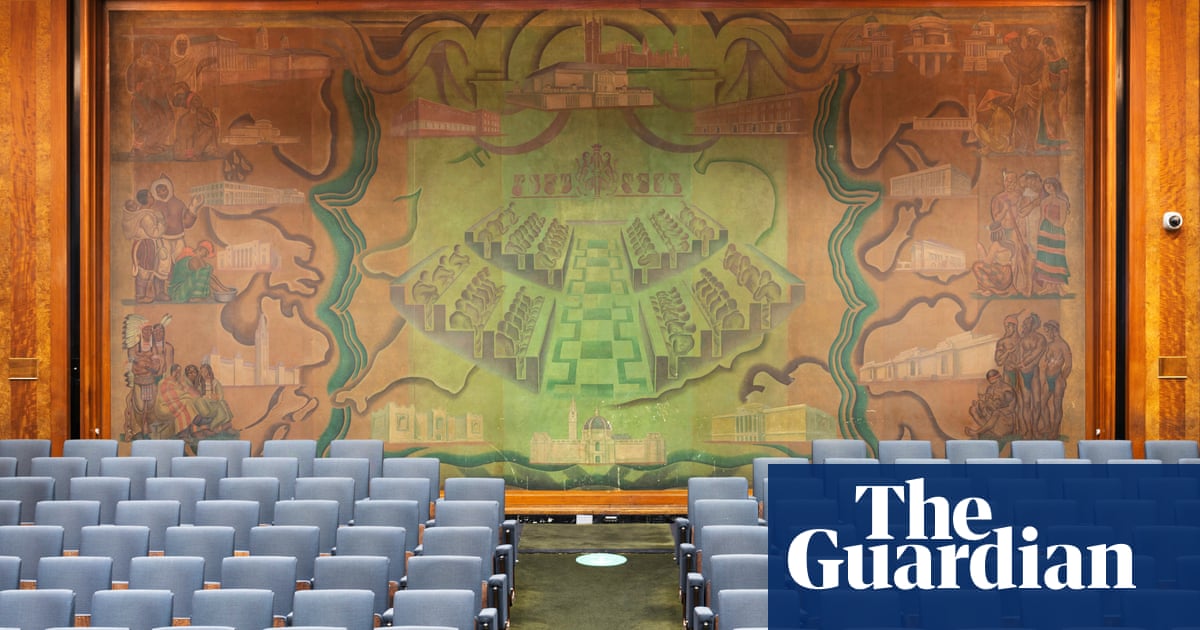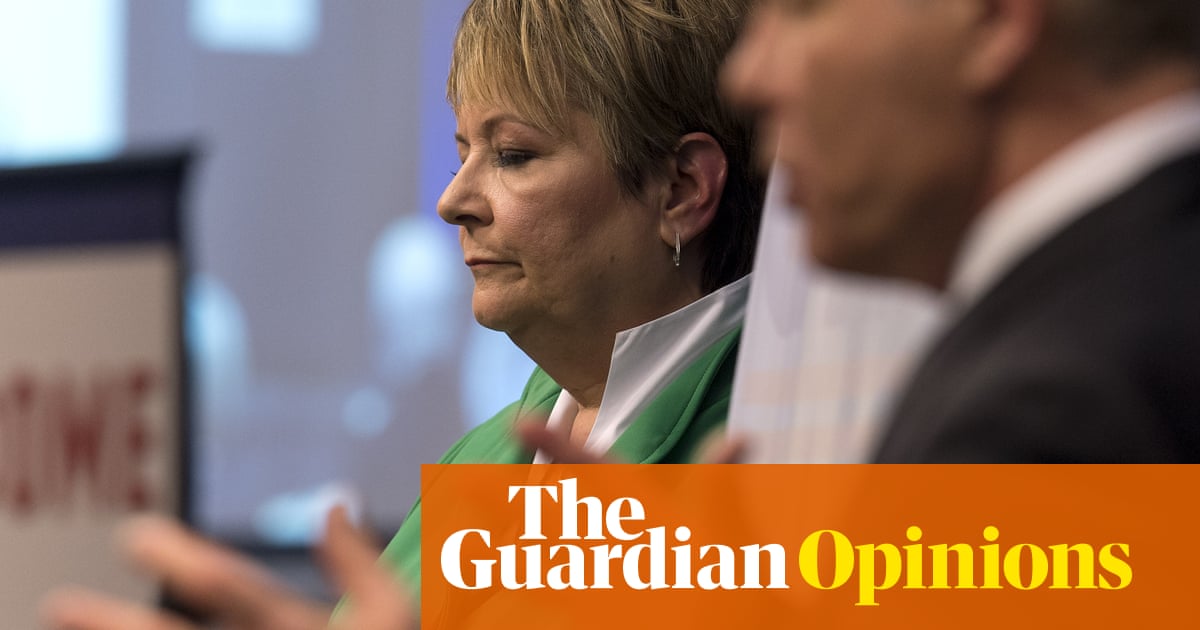
There is, of course, never a right moment to cut social security benefits. But with the world dangling at the edge of an economic precipice, the price of basics – food and energy – threatening to rocket upwards and 30,000 Covid-19 cases a day, lives and livelihoods still hang in the balance. At this point, the government’s planned £20 a week cut to universal credit in October seems more economically illogical, socially divisive and morally indefensible than anything I have witnessed in this country’s politics.
For 75 years, the British welfare state has provided a safety net for families in dire need. After the cuts go into effect on 6 October, the last line of support for families will not be the welfare state, but food banks. Poor people in Britain can no longer rely on social security for the minimum they need to prevent their descent into extreme poverty. Their lifeline is now charity.
Already almost 50% of families with three or more children are below the poverty line. The £20 cut to universal credit will push 500,000 more people into poverty. According to the Child Poverty Action Group, there will be 300,000 more children pushed into poverty, taking the child poverty rate to one in every three children.
Twenty pounds a week is often the difference between breakfast and starting the day hungry; between school clothes and children going out ill-clad. Food poverty – as Marcus Rashford recently warned – is getting “devastatingly” worse. Fuel poverty will force a choice between eating and heating. And added to the country’s 2,000 food banks will be clothes banks, bedding banks and hygiene banks. As a patron of charities in my former constituency, I am already appealing to local businesses to make good the damage done by the withdrawal of the £20.
Our welfare state is no longer even attempting to fulfil the promise made in the Beveridge report of 1942: to abolish the five evils of squalor, want, disease, ignorance and idleness. No longer will social security, as was promised then, take the fear – and the shame – out of need. I can tell ministers from experience that hope is being destroyed in the places they never deign to visit and there is desperation in the faces they never see.
Austerity has been the theme of the past decade, but this cut is vindictive even beyond austerity. It comes 11 weeks before Christmas and it is being coldly and inhumanely executed in spite of the new evidence, mounting month by month, of worsening hardship and continuing crisis.
I have never seen a government act so callously and with so little concern for the consequences of their actions on the poorest in our society. Ministers have published no study to explain their cut; offered no justification in, say, falling poverty figures (they are in fact rising); and offered only one pretext, a throwaway claim by the work and pensions secretary, Thérèse Coffey, that people on benefits could simply work more.
This shows how little she – and her party – understand Britain today. The gain for working an extra hour on universal credit may be as low as £2.24. Yet the breadwinner, she claimed, could make up the £20 cut by working two hours extra a week. The reality is more like eight to nine hours, and for many already labouring too many hours, this would be a return to Victorian conditions.
Instead of levelling up as they claim, they are doubling down on a losing formula that makes no economic sense. If they wanted to start balancing the books they could do what Labour did in 1997 and initiate a one-time windfall tax. They could easily raise £6bn by imposing a tax on those who have made the greatest speculative gains from the pandemic – there is a mass of evidence to show that it is reasonable. Instead they have decided that the most vulnerable will pay the price.
Ministers not only refuse to back down, but also fail to take the opportunity to abandon some of the most backward and punitive aspects of the system. They could easily raise the amount each adult can earn before their universal credit is clawed back. Today, as soon as a family with children, or a disabled employee, earns more than the monthly “work allowance” (£515 for people who do not receive housing support) their payments are clawed back at a rate of 63p per pound earned. Ministers could also allow single parents to claim back more of their high childcare costs. They could restore the £30 a week payment for those with a limited capacity for work.
And they could have implemented the proposals of Rashford’s child food poverty taskforce , ended the iniquitous two-child limit for many benefits (so inhumane that it could be subject to an appeal to the European courts), abolished the arbitrary cap on benefits that large families face, been more generous with rent allowances (which do not meet the full costs of housing), or removed the five-week wait for new payments which condemns so many families to spiralling debt. But little thought appears given to doing anything that could be seen as compensatory or even caring.
Twenty years ago we promised we would abolish child poverty in a generation. Now all we can do is offer charity to prevent destitution. Rashford spoke for millions when he said that his community had little in material goods but what they lacked in money they had in compassion for each other. And that’s what they will now have to rely on: poor people having to come to the aid of the poorest; and all people of conscience and decency, from local businesses to national charities, stepping up to fill the gap in empathy and moral fibre that this government has opened up.
Gordon Brown is the WHO ambassador for global health financing, and was UK prime minister from 2007 to 2010












